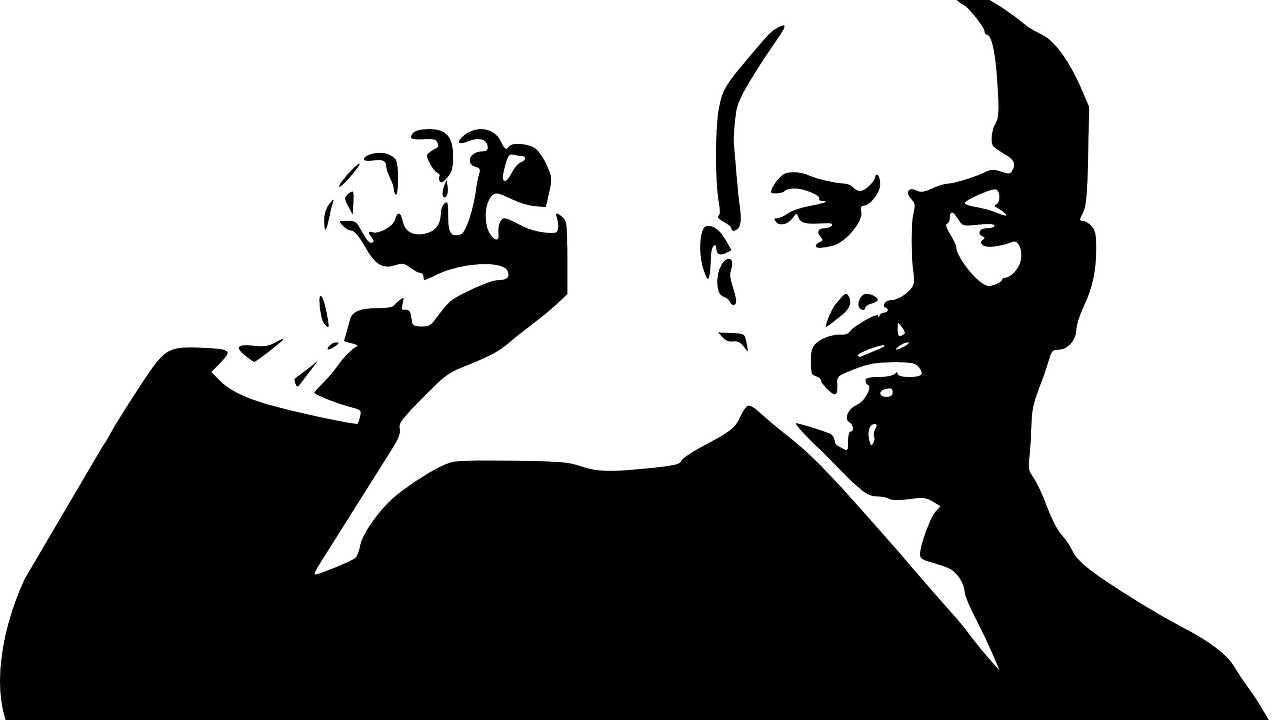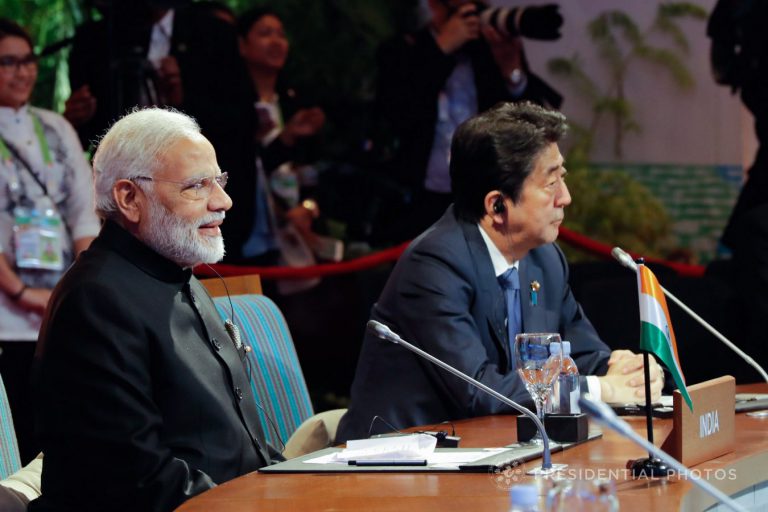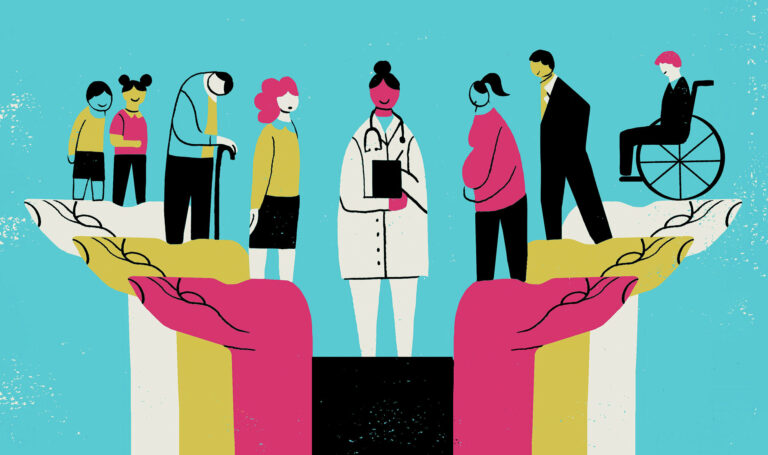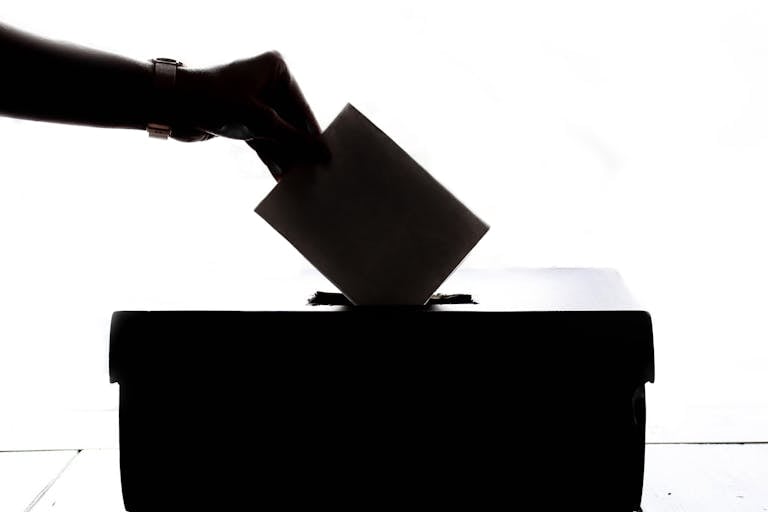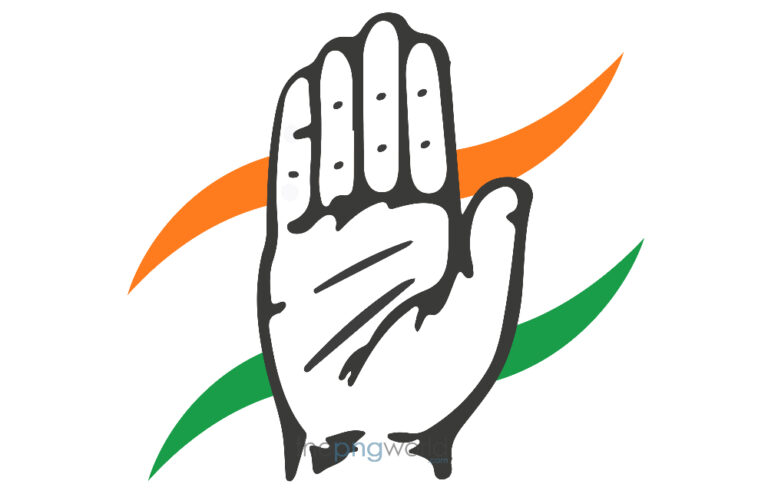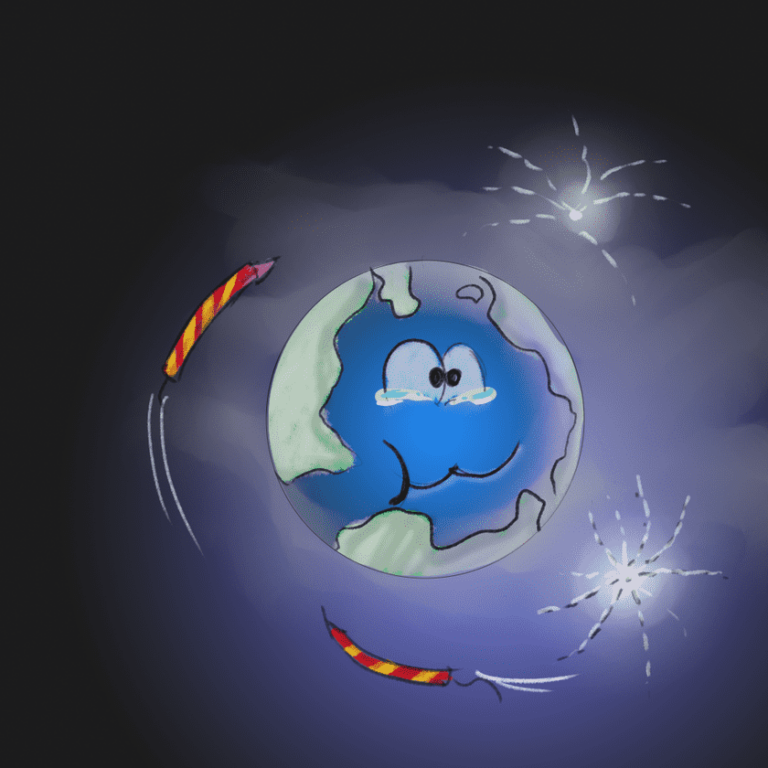Prehistory of socialism and soviet history
Dilip Simeon is a trustee of the AMAN Public Charitable Trust. He formerly taught history at Ramjas College, University of Delhi, and has been active in democratic and anti-communal mobilization for many years.
(Published in the Times of India, September 18, 1991)
As populist nationalism sweeps across the Soviet Union, one is reminded of the cyclical trajectories of Mother Russia’s history. In the early 20th century, as four medieval empires disintegrated, it was Russian social democracy that put the right to self-determination of nations on the global agenda, including in Woodrow Wilson’s 14 points. Today’s Russian democracy (even more conflict-ridden than its predecessor), once more, announces itself, with waning enthusiasm, in favor of the right of nations to secede.
As a tragic irony, the secession of the Baltic nations marks the formal end of the era of Stalinism, just as their secession in 1917-18, duly approved by the Commissar of Nationalities, Stalin marked the end of the era of the Tsars. And as the Bolsheviks, after conceding the independence of the Baltic states, Finland and Poland, preserved what they could of the empire, so also will the Russian nationalists of today use boundary disputes to preserve the terrain of the Soviet Union. As chauvinism, stifling bureaucracy, corruption and even anti-Semitism lingered on within the socialist order, so also will they soon make their appearance in ex-Comrade Yeltsin’s new order. As he derides the communist bureaucrats rushing about ‘like cockroaches’, blaming one another for the coup, his own communist past will remind us that in this respect, his denunciations of the old order make him the First Cockroach.
Some of Lenin’s views on the system he inaugurated were prophetic. On the new juridicial structure, he wrote in 1912: ‘We don’t know how to conduct a public trial for rotten bureaucracy, for this, all of us, and particularly the People’s Commissariat for Justice, should be hung on stinking ropes. And I have not yet lost all hope that one day she shall be hung for this, and deservedly so.’ In the notes known as his testament (1922), he apologized to the workers of Russia for failing to act decisively on the nationalities question.
Alien Apparatus
About the state, he said “…the apparatus we call ours is, in fact, still quite alien to us; it is a bourgeois and Tsarist hotch-potch and there has been no possibility of getting rid of it in the course of the past five years without the help of other countries”; and, “it is quite natural that in such circumstances, the ‘freedom to secede from the union’, by which we justify ourselves will be a mere scrap of paper unable to defend the non-Russians from the onslaught of that really Russian man, the Great Russian chauvinist.”
The founder of the Soviet Union was sensitive to the conservative nature of Russian culture. But the same Lenin would say that his party’s task was, “to study the state-capitalism of the Germans, to spare no effort in copying it and not shrink from adopting dictatorial methods to hasten the copying of it…even more than Peter hastened the copying of Western culture by barbarous Russians and we must not hesitate to use barbarous methods in fighting barbarism.” Others had foreseen the dangers of the Tsarist inheritance. A Turkic Bolshevik, Sultan Galiev, was tried for treason in 1923 for advocating a federative CPSU, a separate communist party of Turkestan (comprising the five Central Asian republics), and a colonial International independent of the Comintern. Ironically, it is the latest rebellion of the Russian people which has emboldened the Turkic peoples to assert the rights which the Bolsheviks had assured them in 1917.
The problem of legitimacy bedeviled the Soviet Union from its birth. Power was seized by the Bolsheviks in the name of the Soviets (Workers Councils) in 1917, in which they had won a slender coalitional majority, but the decision to seize it was taken, not at the Congress of Soviets of October 25 but by the party leadership on the 10th, by a vote of 10 to two. During the civil war (1918-21), and after, most state decisions emanated in the party, rather than the Soviets, and the “dictatorship of the proletariat” came to mean the dictatorship of the party.
Soviet History
Those who mourn for the party-state need critically to re-examine Soviet history, and communist tradition. Thus, in their famous Manifesto, Marx and Engels had written: “The Communists do not form a separate party opposed to other working-class parties…they do not set up any sectarian principles of their own, by which to shape and mould the proletarian movement.” In his last speech to the Comintern in 1922, Lenin had sharply criticized its resolution on the structure and politics of the CPs, as being, “too Russian…thoroughly imbued with the Russian spirit”. “That is why it is quite unintelligible to foreigners”, added Lenin, “and they cannot be content with hanging it in a corner like an icon and praying to it. Nothing will be achieved that way.” Sadly, the intellectual apathy of too many Leninists is exceeded only by their theoretical absolutism. Marx and Lenin indeed became icons, and their critical spirit was forgotten.
Mr. Mikhail Gorbachov may be a convenient scapegoat for the disintegration of the Soviet Union. Actually, he represents a democratic part of Russian socialism, encumbered as it has been with its authoritarian history. He is the last in a long line of Russian autocrats, in the sense that he derived his powers from above, from the state. (His most far-reaching blunder was in not taking a popular mandate for the presidentship in 1988, thus gifting democratic legitimacy to the demagogue Yeltsin). From such a position, he did the best that any leader could do – he assisted its demise with the least bloodshed. Russian socialists are now obliged to return to the people, who have reasserted two seminal principles of the 1917 revolution—democracy and self-determination.
Decades hence, the Leninist tradition will be looked upon as the prehistory of socialism, its greatest failure, the incapacity to construct stable, self-legitimizing political institutions, and a democratically planned economy. Perhaps the symbols of its archaism, the corpses of Lenin and Mao, embalmed like the popes of medieval Christianity, will remain in some museum. Truly, the traditions of the past weigh like a nightmare on the living. But the Russian people have, once again this century, shaken the world with their questions for the future.
Image credits: Pixabay


